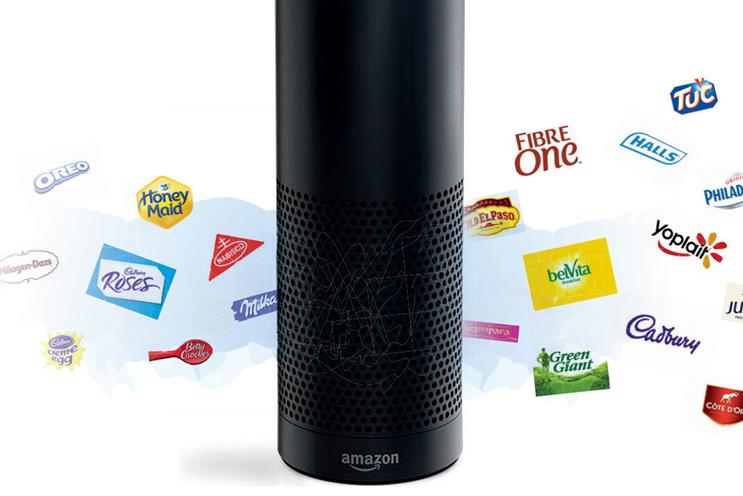Amazon is throwing a small party for consumer brands this month. What’s for dinner? Retailers.
Some of the world’s biggest brands have been invited to Amazon’s Seattle headquarters to hear about how they should start shipping products directly to online shoppers and bypass chains such as Walmart, Target and Costco.
Executives from General Mills, Mondelez International and other packaged-goods companies will attend the three-day gathering. They will tour an Amazon fulfilment centre – 21st-century stores? – and hear a presentation from worldwide consumer chief Jeff Wilke, who reports directly to Jeff Bezos. This is an interesting time for Bezos to declare war on retailers in such an open way.
As we all know, retail is in meltdown. A sample headline I read this week: "Retail sales plummet at fastest quarterly rate since 2010."
In the UK, retail is hurting due to Brexit pushing down the pound and pushing up the cost of stuff you can buy – all the while wages are stagnating.
A nightmarish vision of the future in which brands mean nothing is already available. It’s called voice and it has been popular in the US. Amazon’s Alexa is a frictionless, brand-less way to order products to your home.
In the US, there is the same stagnation of middleclass wages, and there are too many stores, plus young people are spending less money on stuff and more on experiences.
Footfall to the big malls has dried up. As a result, there were nine retail bankruptcies in the first quarter of 2017 – that’s more than the whole of 2016. Grim stuff.
But retail stores are just the beginning. Amazon has decided that this is the perfect time to effectively team up with billions of price-conscious consumers not only to attack retail stores but to destroy the very notion of brand value on which much of retail is built.
The benefit of brands is that, in return for a price premium, they guarantee the product they sell will be of a consistent quality. This saves consumers the time of researching which product is best. Brands then leverage their products with packaging, shelf space, in-store promotions, marketing, partnership with retailers and so on.
Except Amazon now wants to change all that. It can use algorithms, user reviews and sheer scale to hollow out that benefit and kill the price premium that brands command – and give it back to the cash-strapped consumer.
According to Itamar Simonson and Emanuel Rosen, authors of Absolute Value: What Really Influences Customers in the Age of (Nearly) Perfect Information: "Brands now have a reduced role as a quality signal. Brand equity is not as valuable as it used to be."
Put another way, why rely on brands when you can use TripAdvisor or Google to figure out which hotel to stay in?
A nightmarish vision of the future in which brands mean nothing is already available. It’s called voice and it has been popular in the US. Amazon’s Alexa is a frictionless, brand-less way to order products to your home. In case you don’t get the hint, Amazon is already discounting its own Amazon Basics label on Alexa and, in the case of batteries, does not even offer non-Amazon brands.
Are brands finished? No. Hot brands and great deals will always attract the algorithm – whether it is Amazon’s or Google’s. But, as critics have pointed out, merely good brands and merely good deals will be ignored by the all-powerful search and aggregation engines and, with them, a billion consumers.
Can Amazon be stopped before it hollows out the entire retail sector? Will it face regulation – or even be broken up – before it does the kind of damage to retail that Facebook has already done to public discourse?
If you are a brand or a retailer, it’s worth staying tuned.
Andy Pemberton is the director at Furthr.


